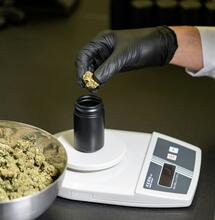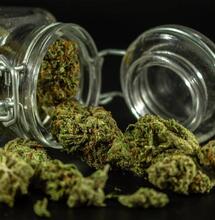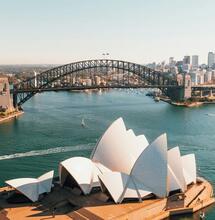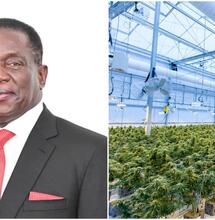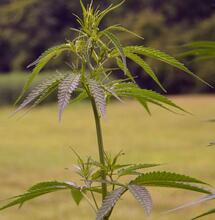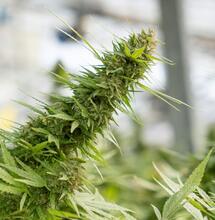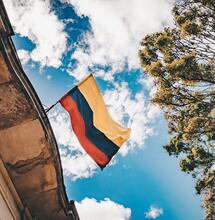The World Cradle of Hashish
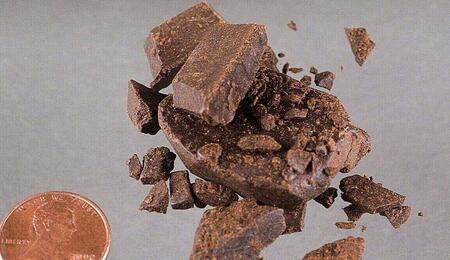
It's a well-known fact that the world's largest supplier of hashish is Morocco. The kingdom's resin production has been in high demand for decades, thanks to its powerful and potent hybrid varieties. The north region of Morocco is where most of the country's cannabis and hashish cultivation takes place. Looking back, government structures have remained tolerant to hashish production. But that may change in the near future.
Morocco is internationally reputed for its abundant hashish and cannabis production. Most of the cultivation and manufacturing activities are based in the country's north, in the isolated region of Rif. The entire industry there is dedicated to "drug" tourism.
Historically speaking, the different rulers of Morocco have been generally tolerant to keeping cannabis plantations. Cannabis cultivation likely began in the region somewhere around the 15th century. In the 19th-century, the sultan Moulay Hassan officially granted permission for cannabis cultivation in five villages in the Rif region, and this 'policy' has been sustained and grown as such despite continued conflict and violence in the region. Cannabis cultivation did not stop even when the Moroccan kingdom was overruled by France and Spain in the early 20th-century.
But it's not like people produced hashish there since always. Hash was introduced in Morocco only with the arrival of "Western Hippies" during the 1960s. Morocco was then one of the first destinations on the Hippie Hashish Trail. In those early days, the local cannabis production in the Rif mountains was focused on making local Kif mixture which consisted of two thirds grated cannabis flower and one third tobacco, and was smoked in traditional wooden pipes known as sebsi. Resin slowly overtook the traditional way of smoking.
What is the worth of Moroccan cannabis and hashish today? Since the pandemic, and partially also because of the government's recent show of interest to regulate the industry, the price of Moroccan dried cannabis flower has risen by more than 50% while hashish has doubled.
Most Hashish in Europe Originates from Morocco
Moroccan authorities have largely ignored the hash industry in the Rif region up until recently. It's what has enabled the proliferation of cannabis and resin cultivation in the first place. In the later part of the 20th-century, Morocco's hashish production exploded so much that at one point the country supported more than 70% of European hash consumption.
Not only for Europe, but Morocco also represents the biggest supplier of hashish in the whole world. In recent years, however, it's facing increased competition from other growing markets such as Rwanda, Thailand and Uruguay.
In the last few years, Moroccan authorities are increasingly eyeing the prospects of capitalizing on its unregulated cannabis and hashish industry. Both government and monarchy power structures want to make cannabis a national business. But that's easier said than done. Most of the hash trade in Morocco is controlled by drug barons who work with local farmers and for whom growing marijuana is the only source of income.
The cultivation and use of cannabis are officially illegal in Morocco. However, in a nod to its legalization plans, the country was the only predominantly Muslim nation to support the removal of cannabis from the UN's list of dangerous substances at the end of 2020.
A government report from 2021 blamed the cannabis industry as a source of unrest and tensions in the country's north. The same report recommends the legalization of marijuana, and at the same time hints at eliminating the farming of cannabis for extracting resin.
The Times They Are Changing
In its effort to keep in step with the times, the government has recently allowed the creation of a cultivation area for cannabis which stretches around 250 miles. That's a territory as big as an island such as Sicily. The purpose of this area is to grow marijuana for pharmaceutical and industrial uses to meet rising global demands for cannabis drugs. But to also move out cannabis cultivation from the Rif region to an area that's more connected with the rest of the country.
Proponents of legalization believe that the legal regulation of cannabis will pull the Rif region out of isolation. It will protect the environment and save water resources. Eventually, it will open up the area to new industries. Among those who resist the change are local farmers, many of whom have arrest warrants on their heads.
The farmers don't trust the government and they continue to collaborate with the drug barons, although most of this economy is based on exploitation. There's also intense competition between the drug lords themselves. But local farmers are accustomed to how things works. The overall feeling is that legalization would push them out of business.
Morocco may be at the verge of huge transition, and whatever happens, its hashish production hopefully doesn't die with it.
Also read on Soft Secrets:



